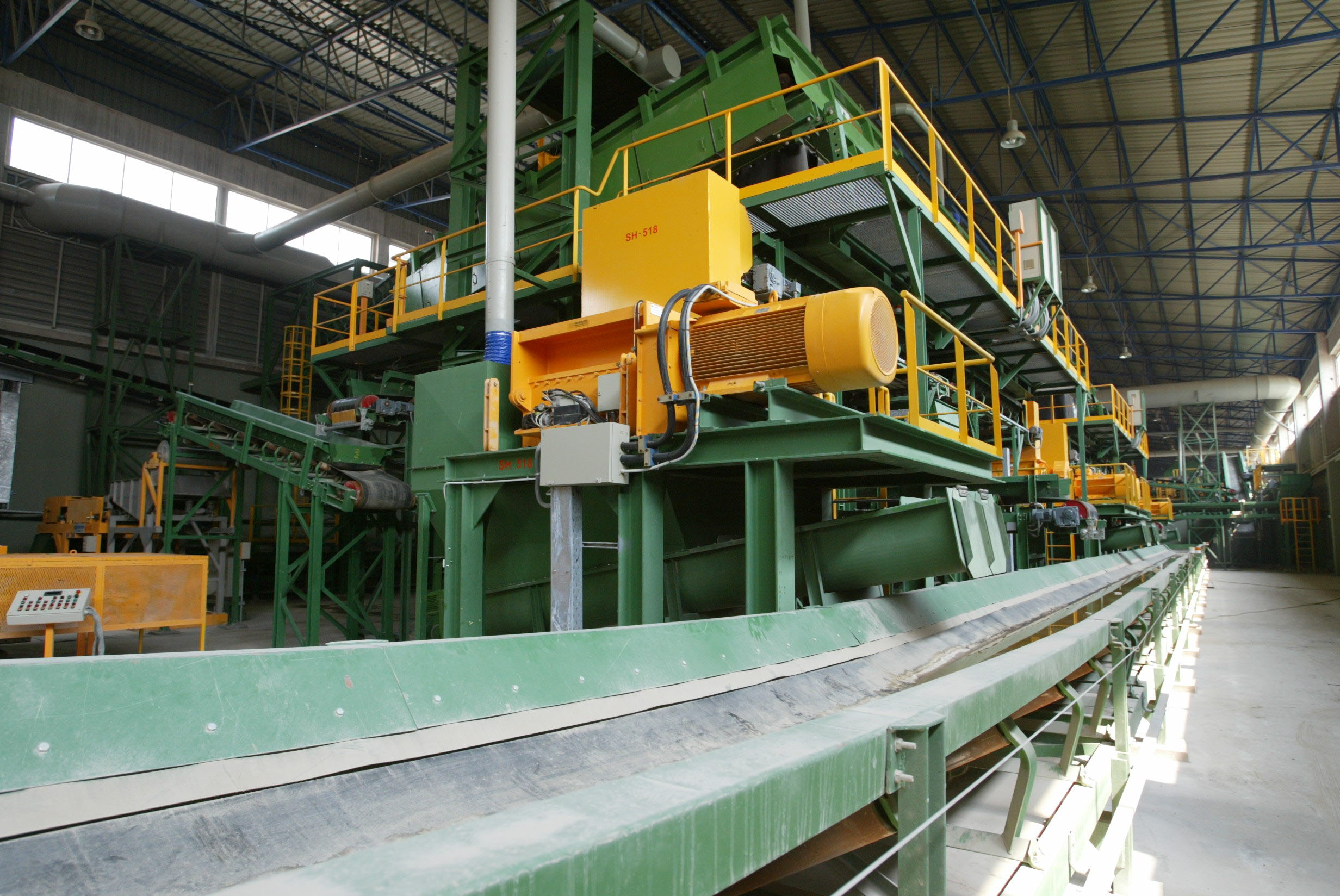
A last chance for recycling materials, after the stages of organic waste sorting at the source, recycling, and transport of materials to green spots, is expected to be given by the waste management units (WMUs) that will be created in Western and Eastern Thessaloniki.
According to the president of the Solid Waste Management Agency of Central Macedonia, Michalis Geranis, in these units, which if procedures run smoothly may come online in 3.5 to 4 years, the waste will be separated mechanically, in an effort to collect materials that will be recycled again, such as metals, plastics, clean packaging, and general green bin contents that can be recycled and should not be ending up in the trash. On the other hand, anything that goes through this process and cannot be recovered (such as soiled plastics and paper) will be processed to produce secondary fuel.
Speaking to AMNA, Mr. Geranis estimates that from the operation of the WMUs of the Western and Eastern Sectors of Thessaloniki and that of Serres, the secondary fuel that will be produced will be 20 to 30% of the mixed garbage that will be transferred to WMUs. He notes that it will be able to use energy for the production of electricity and heat that will supply the district heating network in Western Macedonia. “I firmly believe that an energy utilization unit will be built in Kozani,” he said, adding that “there is a provision in the national waste management plan for a percentage of secondary fuel to go to the cement industry.”
Operation of brown bins to begin in the first months of 2022
Regarding the management of biodegradable household waste, the president of Solid Waste Management Agency of Central Macedonia estimates that in two months the contractors will have emerged for the supply of brown bins, garbage trucks, and shredders that will be given to Municipalities, so that the brown bin system will start operating starting in the the first months of 2022. The organic waste that will be collected in the brown bins, which as is estimated is 40 to 50% of the waste that now ends up in green bins, will be taken to Waste Treatment Plants (WTPs), so that after decomposition, agitation, and mixing with pruning residues, will produce fertilizer and soil conditioner.
The units that will be created in Central Macedonia
In the meantime, the licenses of the WTPs are proceeding, while the Serres WMU is already operating, and the international tender for the Western Sector WMU has been approved and the tender process for the Eastern Sector WMU is expected by mid-July. Two such large units will be built in Mavrorachi and Agios Antonios, another in the Municipality of Thermaikos, one in the Municipality of Chalkidona, and one each in the Regional Units of Imathia, Pieria, Pella, Kilkis, and Halkidiki. In the Serres Regional Unit, the WMU that operates will also function as a WTP.
Regarding the network of Waste Transfer Stations (WTS), according to Mr. Geranis, the revision of regional planning is underway. In this context, as he pointed out, the key points of the SMA chain will be re-examined in order to facilitate the Municipalities in the transhipment of the waste for their transfer to the WMU. In any case, as he states, “there will definitely be a key SMA in each Regional Unit, however there are also units that due to morphology may need two stations, such as Halkidiki and Pieria”.
It is possible under certain conditions to reduce residues below 10% by 2030
At the same time, the integrated waste management in accordance with the European legislation and the guidelines that it sets, has set the goal of reducing waste to 10% of their amount by 2030. Mr. Geranis clarifies that the material is characterized as residual waste which can not be recycled, can not be recovered and can not be used for the production of secondary fuel, therefore it is transported to a landfill for interment. In order to achieve the 10% target, he noted that “it is possible if there are leaps forward and if the production of secondary fuel works”. “Today the percentage of landfill garbage reaches 80%. Reaching 10% will be a great success,” he added.
Finally, giving the scope of the effort, he reiterated that the decisive factor in it is the sensitization of the people and their information towards the collection of organic waste at the source, recycling, reuse, and composting, before the next steps in waste management.
Latest News
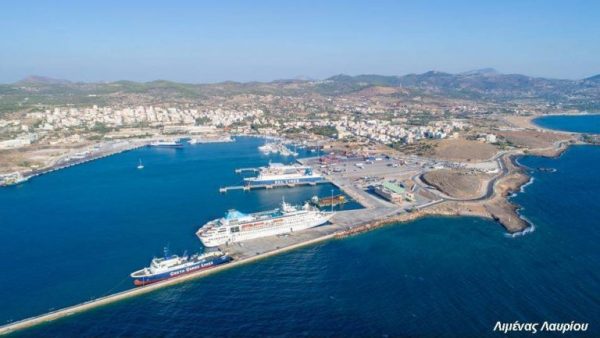
Lavrio Port Authority Next Up for Privatization
A deadline for the submission of expressions of interest is May 14, 2024

Eurostat: Greece Records Largest Drop in Natural Gas Prices in 2nd Half of 2023
The price of electricity and natural gas in Europe was down following a substantial surge that began before the Russian invasion of Ukraine and peaked in 2022
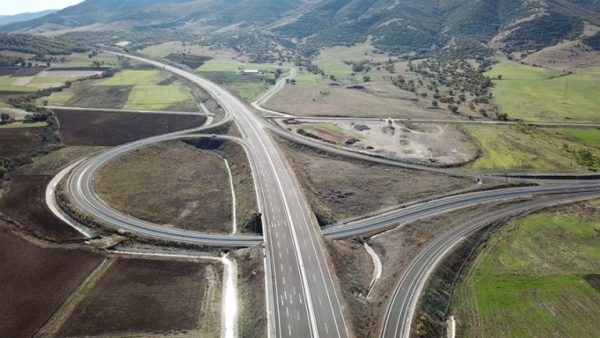
GEK TERNA Still Considers Leveraging Concessions Portfolio as Financial Tool
President and CEO of Gek Terna George Peristeris explained the company's plans on Tuesday on the sidelines of the inauguration of sections of Greece's E65 highway
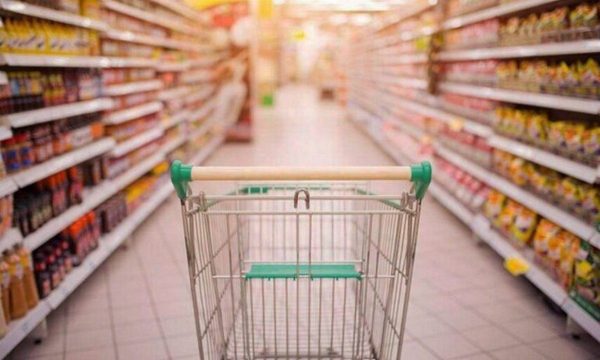
NielsenIQ: 3% Supermarket Revenue Increase in Q1
Private label products are gaining traction, comprising 25.4% of shopping basket shares, up from 24.7%

Store Hours Change Today in Observation of Orthodox Easter
The President of the Athens Chamber of Commerce hopes the Easter period will provide a much-needed boost to retail traffic in the capital
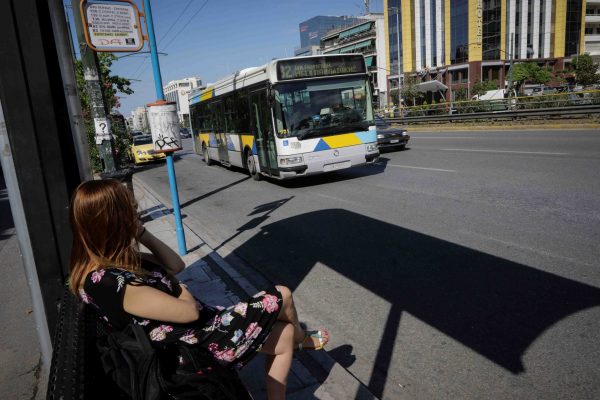
Athens-area Mass Transit Systems Set to Finally Install Contact-less Fare Payment
Paying fares via bank cards, smartphones and smartwatches in all mass transit systems in the Greek capital, namely, buses, trolleys, the metro and tram lines, is scheduled by the end of the year
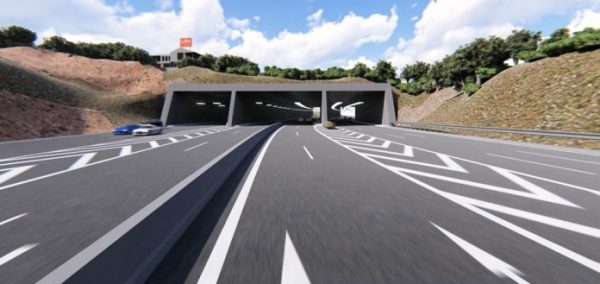
Council of State Rejects Motion Against Thessaloniki Motorway Project
The motion was filed earlier this month by three local citizens’ and environmental groups and generated a high court decision for a temporary stay in construction

Greek 30Y Bond Issue Oversubscribed by 11 Times
Very high demand pushed down the coupon's interest rate to 4.125%

Athens Int’l Airport Wins Top Prize at Routes Europe Awards
The Routes business is focused entirely on aviation route development and the company's portfolio includes events, media and online businesses
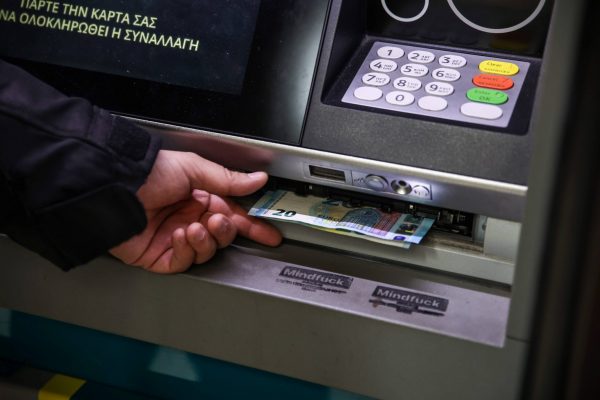
IOBE: Income Gap Between Poor and Wealthy Greeks Widens
The findings in the analysis, entitled “Progressivity in Income Taxation in Greece, 2012-2021", paint a bleak picture for Greeks in the bottom half of the income bracket, warning that income inequality is growing





























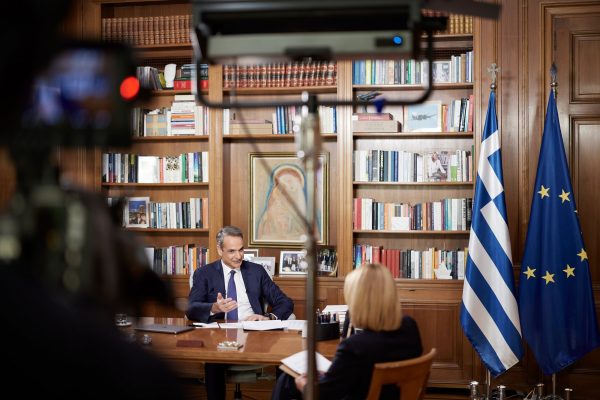
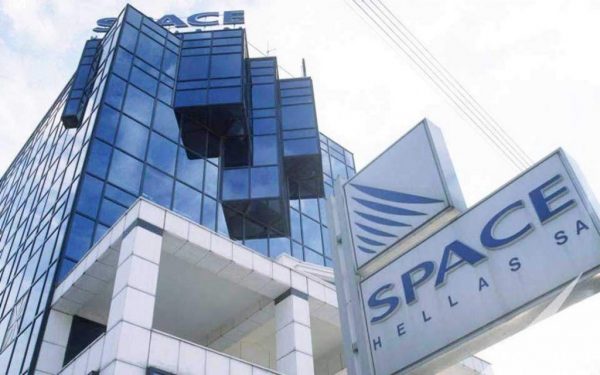



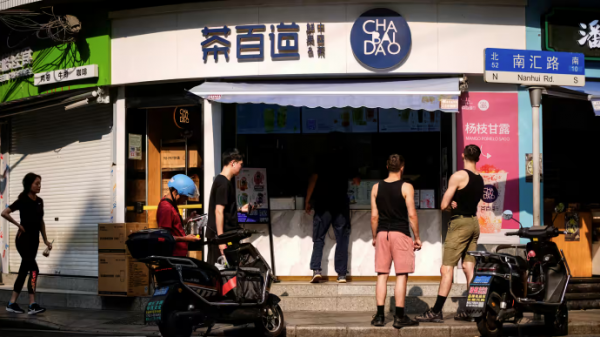


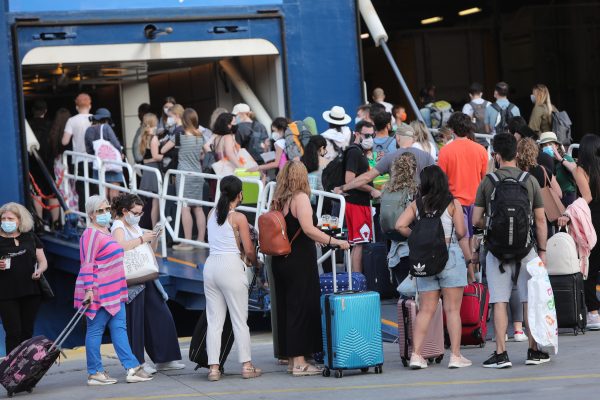

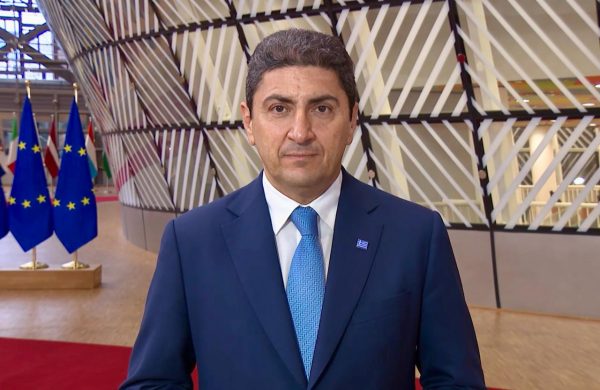
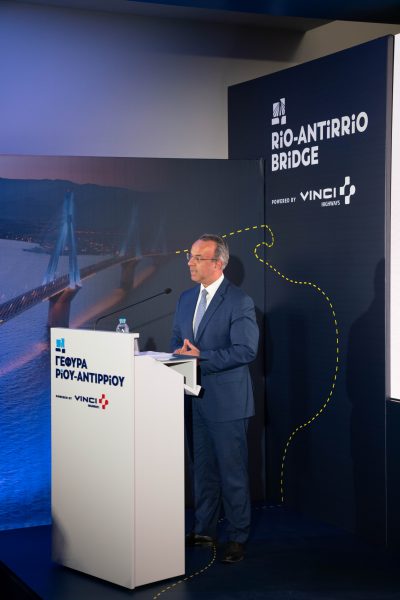

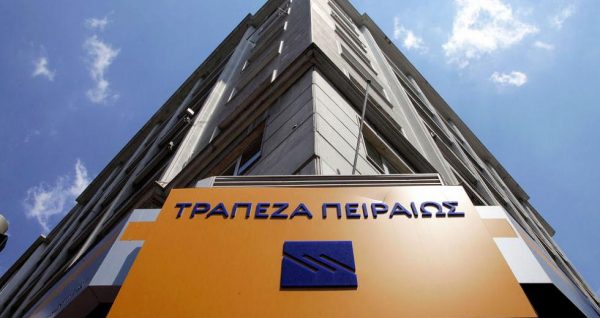
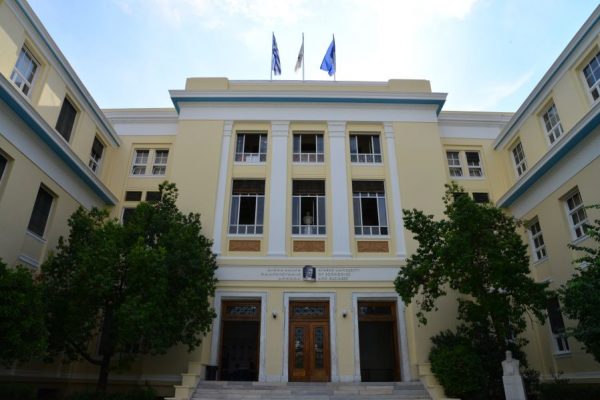
 Αριθμός Πιστοποίησης Μ.Η.Τ.232433
Αριθμός Πιστοποίησης Μ.Η.Τ.232433